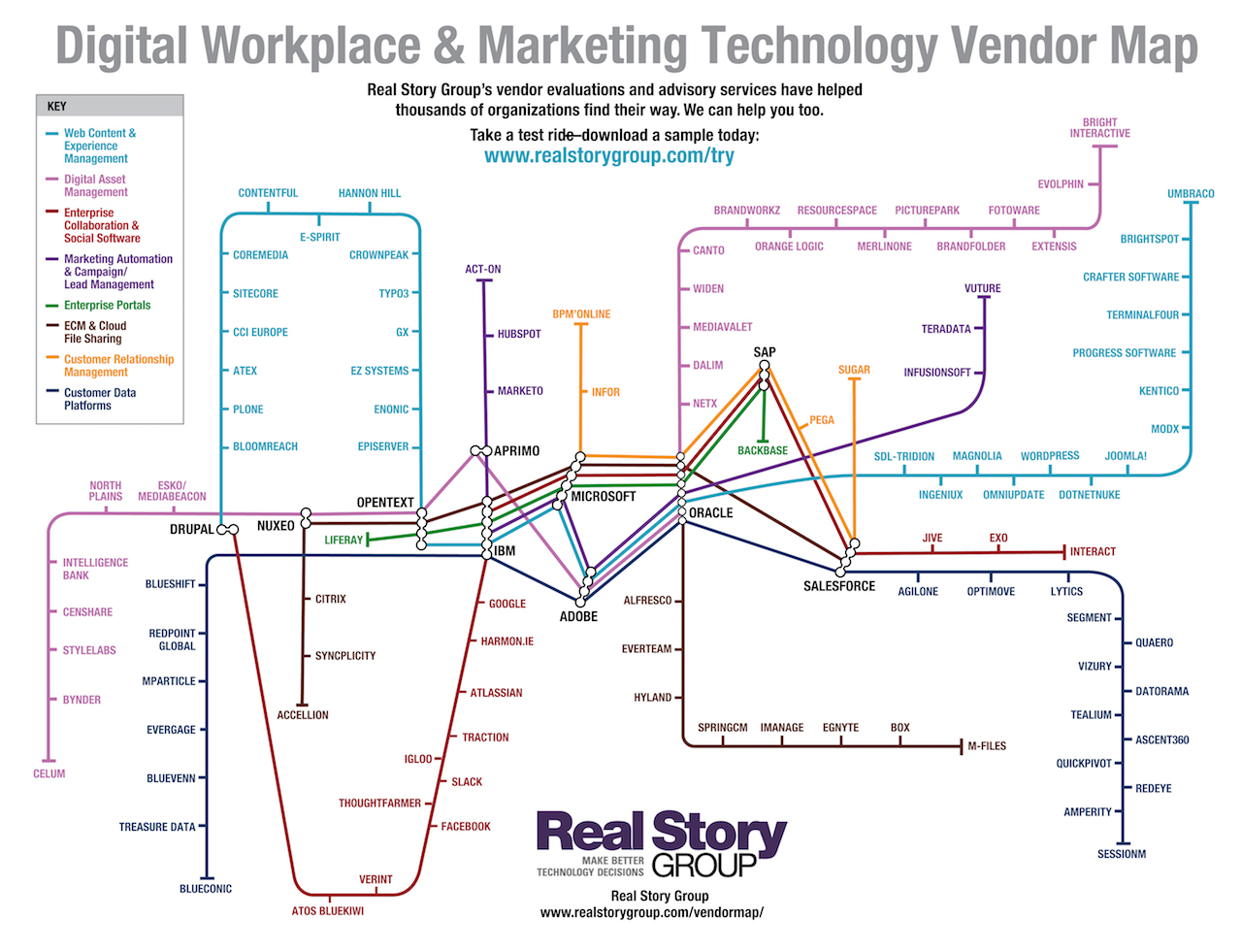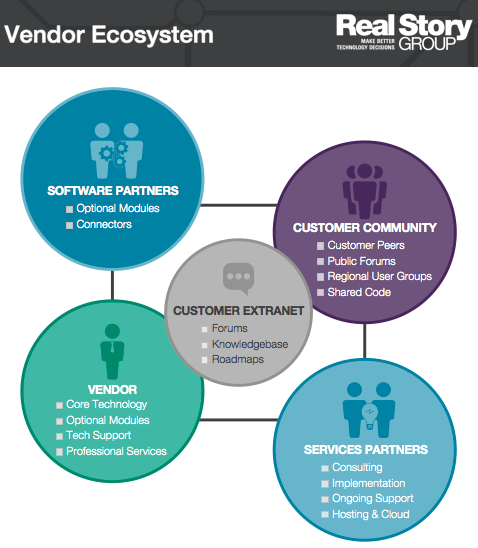Facebook competing around the globe -- but not always winning
If you live in North America, it's easy to forget that Facebook's global competition may not be MySpace or LinkedIn. Instead, it's a plethora of local competitors. For example, Hyves, here in The Netherlands, has some 7.6m users. Out of a population of 16.5m, that's quite substantial. There's also StudiVZ in Germany, Skyrock in France, and Tuenti in Spain.
If your enterprise is considering engagement via social media in any of those countries, you might be better off going local. The same applies to LinkedIn and its competitors. Don't overestimate its presence in, say, Germany, where Xing is the norm, or France, where Viadeo is a major player.
However, this has been changing. In Germany, France, and Spain, Facebook has already overtaken it's competitors in numbers of users. And when I got in a cab in Rome in November, and tried to explain what I do for a living, the driver simplified it to, "Ah! Vuoi dire, come Facebook?"
In the meantime, The Netherlands' Hyves remains a stronghold. In fact, Hyves' market share is so strong, MySpace gave up their renewed effort to conquer the country -- closing their Amsterdam office last year. Hyves still boasts more than twice as many Dutch users of Facebook (7.6m vs 3.3m), but Facebook is competing hard. When I logged in a couple of weeks ago, FB asked me if I wanted to import my Hyves contacts -- employing a special wizard I haven't been able to find since then -- but the message was clear.
If your organization is like most others, then you are at least experimenting with how you emply public social media for outreach, communication, and (to a lesser extent) collaboration. In a global context, though, you'll want to carefully examine audience reach among local players. But you'll also want to check and re-check, as the landscape is changing continuously.







